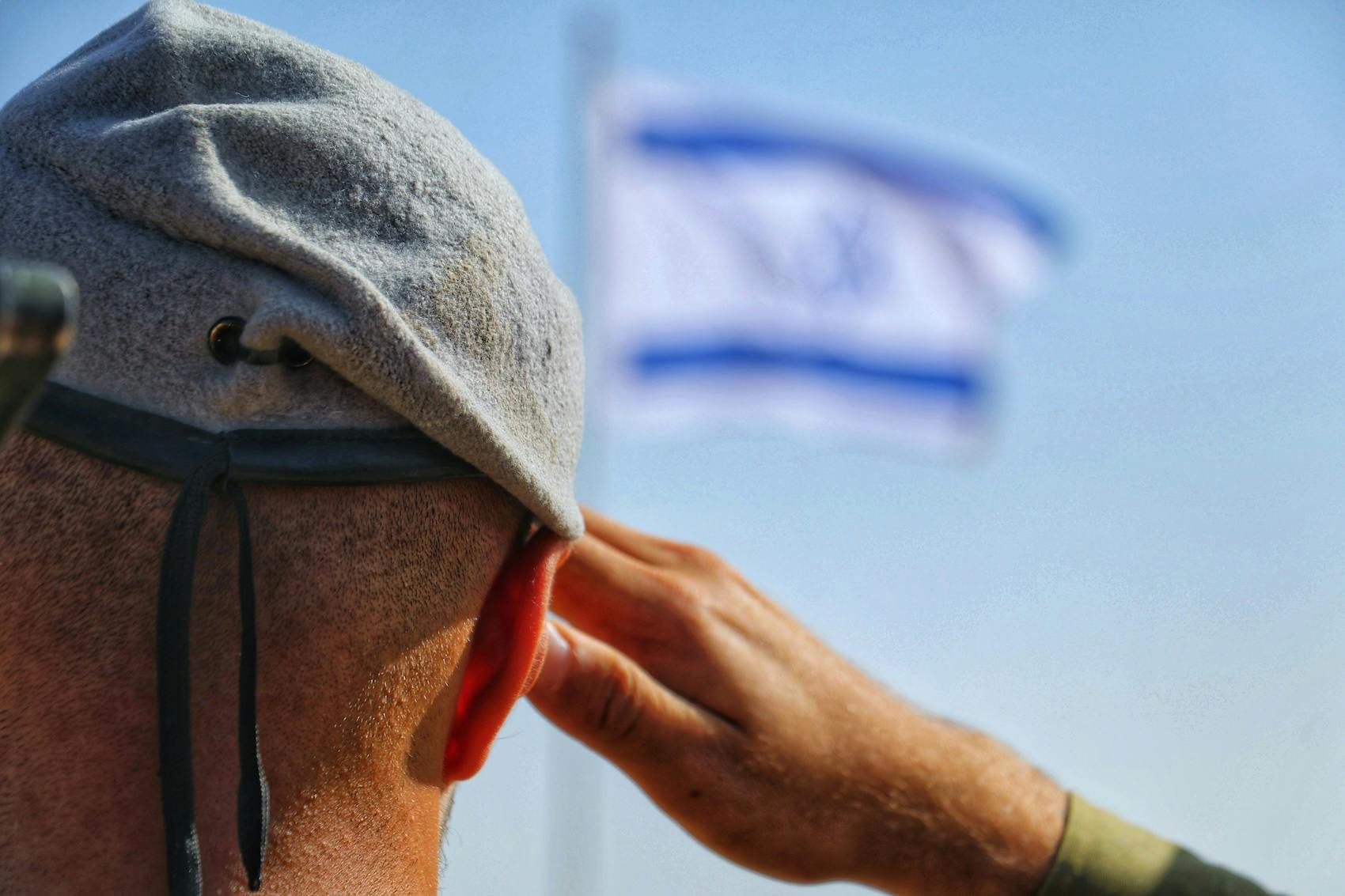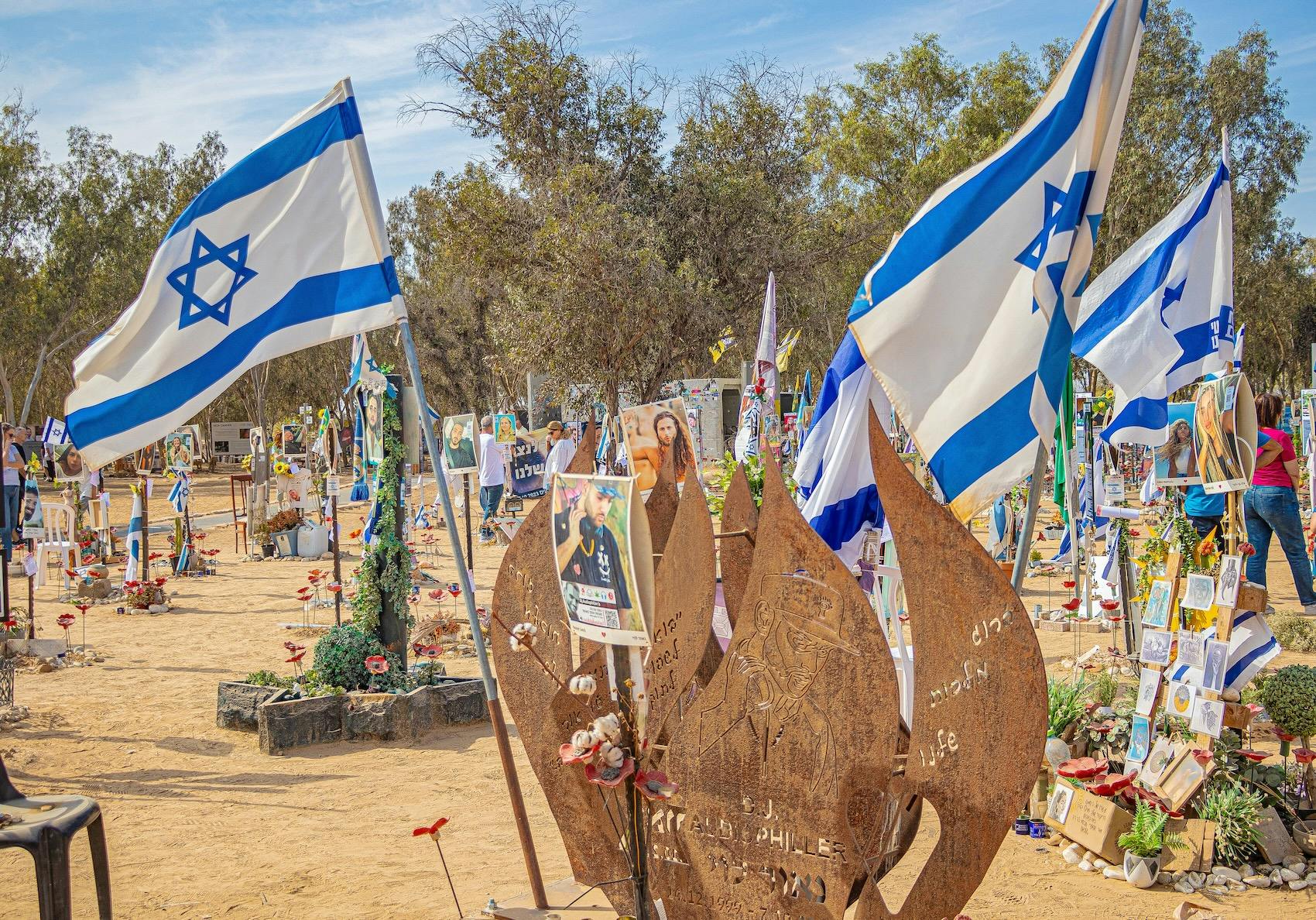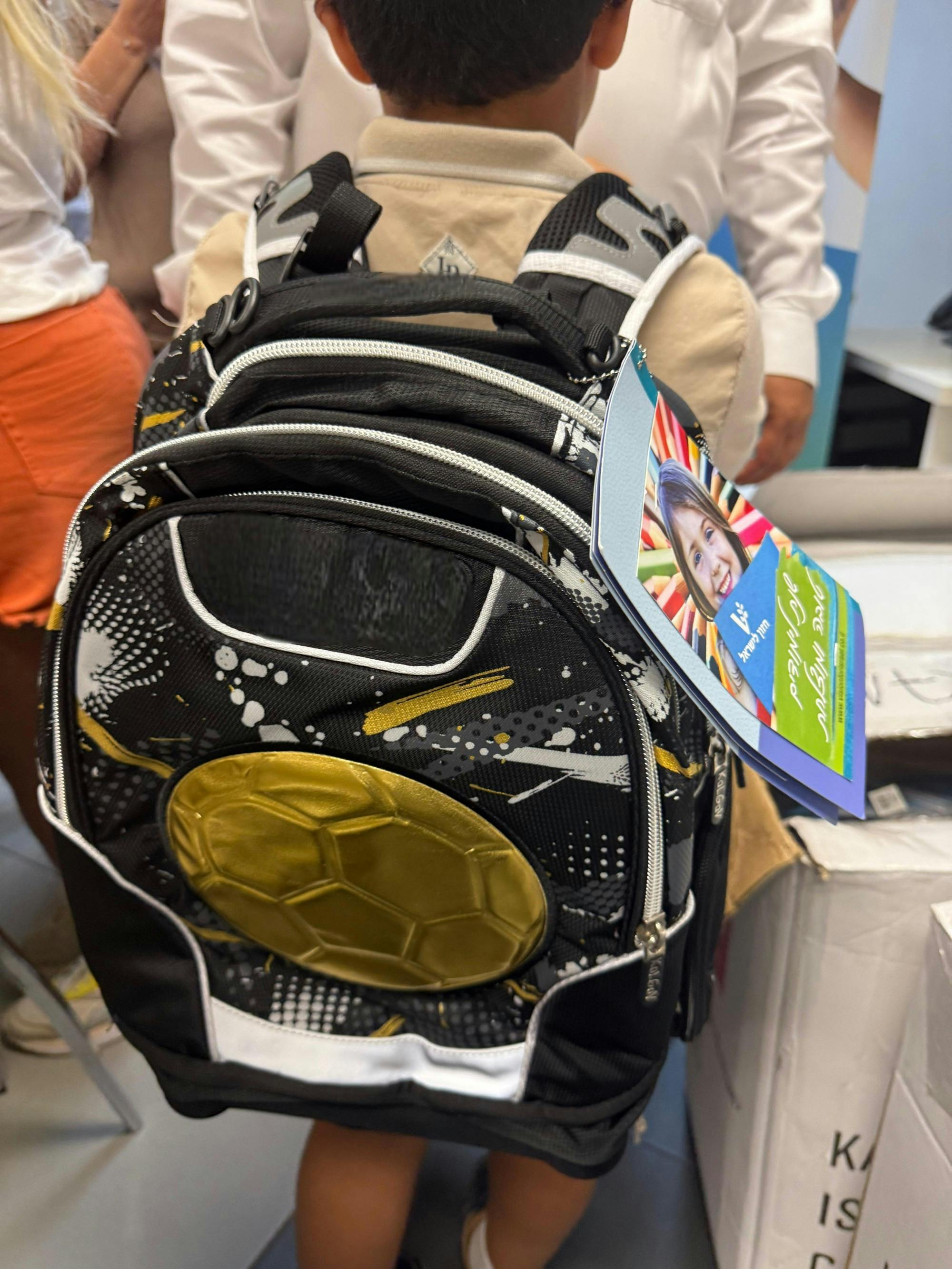Many are familiar with the stories of the unimaginable journeys of Holocaust survivors and refugees making their way to immigrate to Israel after World War II.
Our eyes tear up, our throats choke, and our hearts are touched as we listen to the stories of these humble heroes. They managed to escape death in the ghettos and hiding places, faced the brutal winters with a lack of food and clothing, and escaped to the land of Israel in the dead of night.
About 250,000 Jews found refuge in different countries. Of these, over 136,000 immigrated to Israel, about 80,000 immigrated to the USA, and others to Canada, Central and Western Europe, Russia, Ukraine, South Africa, and more. “Habrichah" (The Escape) organization helped many of them to move from Eastern Europe to the West, and then to the land of Israel.
Who are the Holocaust refugees and what difficulties did they experience after World War II?
Holocaust refugees are Jews who survived the Holocaust, the Nazi regime, and the occupation of Nazi Germany, and at the end of the war did not immigrate to Israel and did not find a permanent place of settlement. These survivors wandered in Europe or were housed in displaced-person camps.
In 1941, the Nazis were at the decisive stage of their plot to "solve the Jewish problem" with "Operation Barbarossa" — the invasion of the Soviet Union by the German army with the aim of winning the war before the upcoming winter. During this period, approximately 4.855 million Jews lived in the Soviet Union, which was about 30% of the world's population of Jewish people. Only about 800,000 Jews lived outside the occupied areas. About 1.2-1.6 million Jews were evacuated to the East. It is estimated that most of the Jews who remained in the occupied areas, approximately 3 million, were killed in the extermination camps.
By the end of 1942, about 1.5 million Jews were murdered in the territories of the Soviet Union occupied by the Nazis. After the war, many of the Jews from the Soviet Union did not return to their homes. Many houses were destroyed, burned, looted, and inhabited by non-Jewish citizens after the Jews were sent to concentration camps. At the end of the war, the surviving Jews were destitute. Due to the anti-Semitism that still existed, hundreds of thousands of Jewish refugees wandered in Europe instead of returning to their country of origin.
Those who returned to their country settled mainly in Moscow and Leningrad, following the industrial, scientific, and educational development. The Jews of the Soviet Union grew firm roots, integrated into society, and learned Russian. In 1948, with the establishment of the Jewish state and the rise of anti-Semitism, the desire to reach the land of Israel was sparked in the hearts of the refugees.
Jewish immigration from the Soviet Union after World War II was one of the largest in history. It is estimated that 2.75 million Jews from the Soviet Union immigrated to Israel, the USA, Germany, and other countries.
Without a Father - Without a Mother
The Holocaust was indeed over, but the challenges did not stop. Many of the Jews who survived the Holocaust lost their family members or their connection with them. Documents and identification papers were also lost, however, this didn’t stop them from looking for their loved ones. Parents anxiously looked for their children, but tragically most did not find them. Those who did locate their children had to ransom them back, and some even had to take them back by force. Some of those children who were given into hiding became orphans, wandered the streets, or were thrown out by the family that hid them.
After the war, the number of orphans throughout Europe escalated. Therefore the Zionist youth movements, especially the Dror movement and Hashomer HaTsa’ir, established more than 17 training kibbutzim for youth aged 16-21 in Poland. Because of the many difficulties, many parents sent their children to kibbutzim for children, so that they themselves could reach Israel, as well.
A large part of the children did not even know they were Jewish because they stayed with Christian families and in monasteries. As a result, a Jewish-Zionist organization called "The Zionist Coordination for the Redemption of Jewish Children" was established. They redeemed these children with money, founded children's villages for them, and gave them a pioneering education that included Hebrew lessons and community life.
Hand in Hand
Some of the refugees and their descendants made their way to Israel. For Holocaust survivors and refugees, the history of the Jewish people is not just an old story, but life memories and experiences engraved in their veins. Now that they live in Israel, we take every opportunity to make them happy and express our appreciation for them.
Over the years, Vision for Israel was given the privilege of serving these heroes, the Holocaust survivors and refugees, who went through hardships and difficult challenges after the war until finally arriving in Israel.
Recently, we hosted about 50 Holocaust refugees who belong to an organization for refugees and victims of the Holocaust from the USSR and Eastern Europe in Israel. The members came in a shuttle, sponsored by Vision for Israel, from the city of Holon to our Millennium Center in the city of Modi'in. They enjoyed a musical morning with singing. Music seems to lift their spirit and awaken joy in their heart. The guests danced together with Barry and Batya Segal, and we all experienced great joy as we danced and sang together.
The guests enjoyed rich refreshments: a variety of quality sandwiches, desserts, pastries, and a selection of cold and hot drinks. At the end of the event, each one received a gift — a warm duvet for winter. We were so moved to see their smiles, which appeared like sparks of hope on their faces. Everyone left happy, excited, smiling, and feeling loved.
We are grateful for each opportunity to hear their stories and learn more about their lives. Especially now, as the Holocaust generation is disappearing, we are honored to enshrine their shared memories in our hearts. For the survivors who went through the worst horrors, these simple acts of kindness warm their hearts, ignite hope, and renew trust in others. All that is required are small acts of love and care, which we do on a regular basis: a visit to their home to alleviate their loneliness, a listening ear, a warm duvet for the winter, a basket of food, and more. Even the smallest act is of great importance to them.
Since Then
The Jewish people have always helped each other in difficult times. At the end of the war, Zionist organizations contributed by helping smuggle Jews to the Land of Israel, redeeming lost children and giving them an education, and helping increase the slim chance that they will get back on their feet. And this is what VFI is committed to doing today!
The State of Israel was founded on the backs of Holocaust survivors and refugees, who with the remains of their strength, courageously built homes and institutions. They built buildings and houses, raised families, laid the foundations and values of our country, and fought for Israel’s protection and growth. They did it all for the coming generations. They did it for us so that we can live here in peace and abundance.
Today, there are approximately 161,400 Holocaust survivors living in Israel. Not everyone has family or friends, and they face the difficulties of modern life, which they did not even imagine when they founded the country. Many of them do not have enough money to cover their monthly expenses. The stipend given to them by the state is not enough to survive. Their refrigerator is regularly almost empty and they don't turn on electrical appliances in order to save on expenses. During the cold winters, they layer on warm clothes instead of using a heater, if they even have one. On top of all of this, many of them experience crippling loneliness and a feeling of neglect and abandonment.
We should not neglect our elderly brothers and sisters in their plight in old age. So, how can we support these survivors and refugees for all they have done?
At Vision for Israel, we recognize the past of Holocaust survivors and refugees. We want to give them the loving care and treatment they deserve. We hold events for the refugees and survivors of the Holocaust with the aim of giving them back their sense of belonging and the joy of life. We do this by not only telling them with words but also with actions, that they are important to us and we haven’t forgotten about them. Every joy-filled event, warm blanket, food basket, gift card, and a home visit, positively affect the lives of Holocaust survivors and refugees.
We thank all the donors, supporters, and volunteers who contribute their money, time, and energy toward Holocaust survivors and refugees. Without you, we would not have seen the happy smiles on their faces. Thanks to you, they feel respected and appreciated, especially after all the horrors they have gone through in their lives.
Thank you for showing love and care to these precious Holocaust Survivors and refugees! And thank you for continuing to support them in their last years of life.





